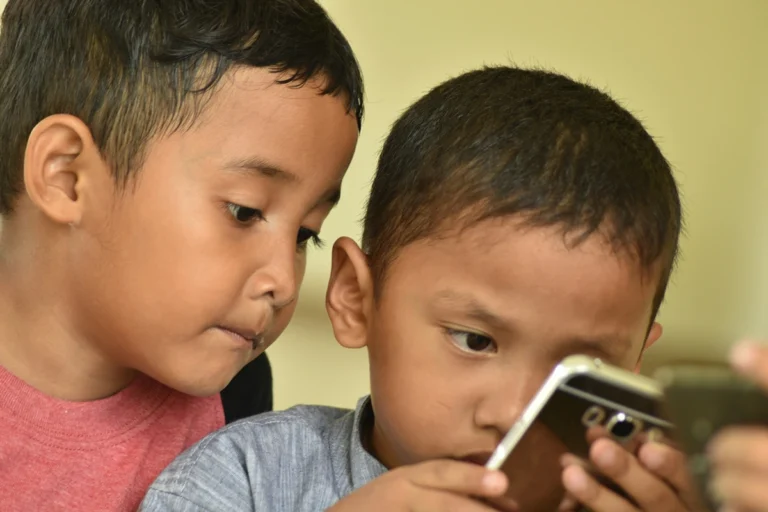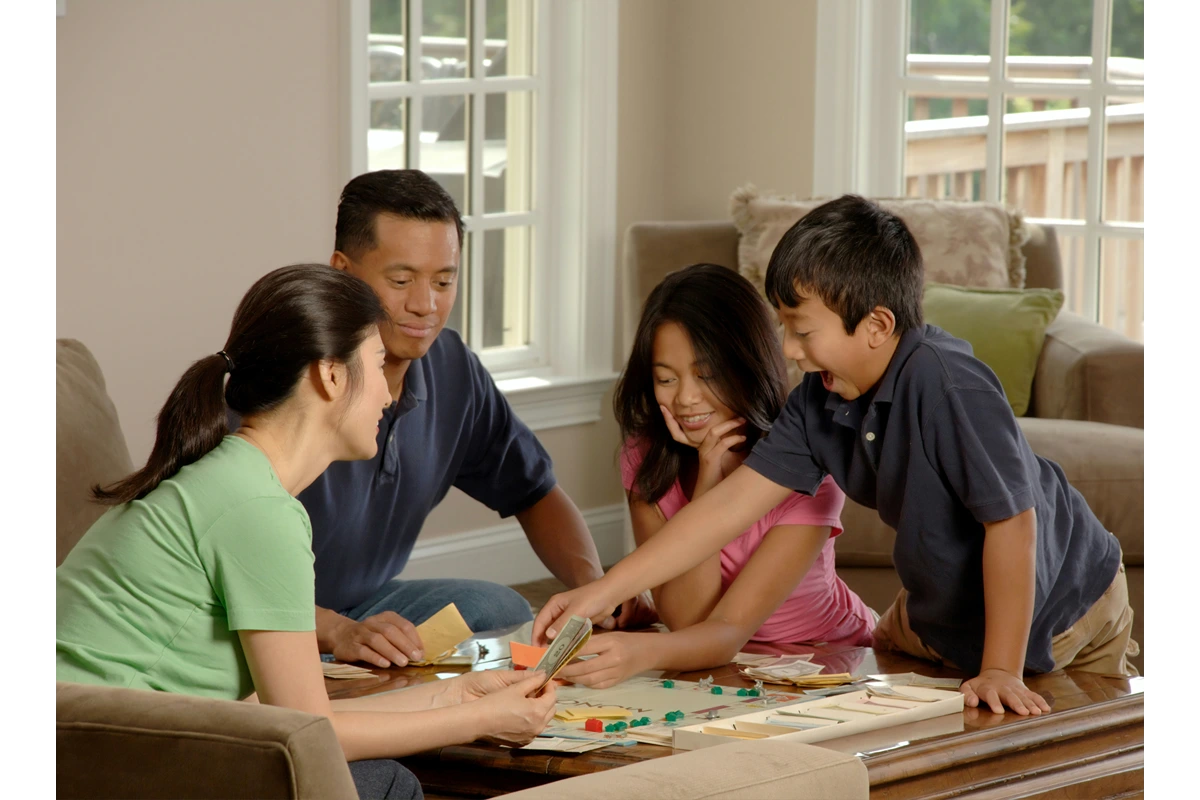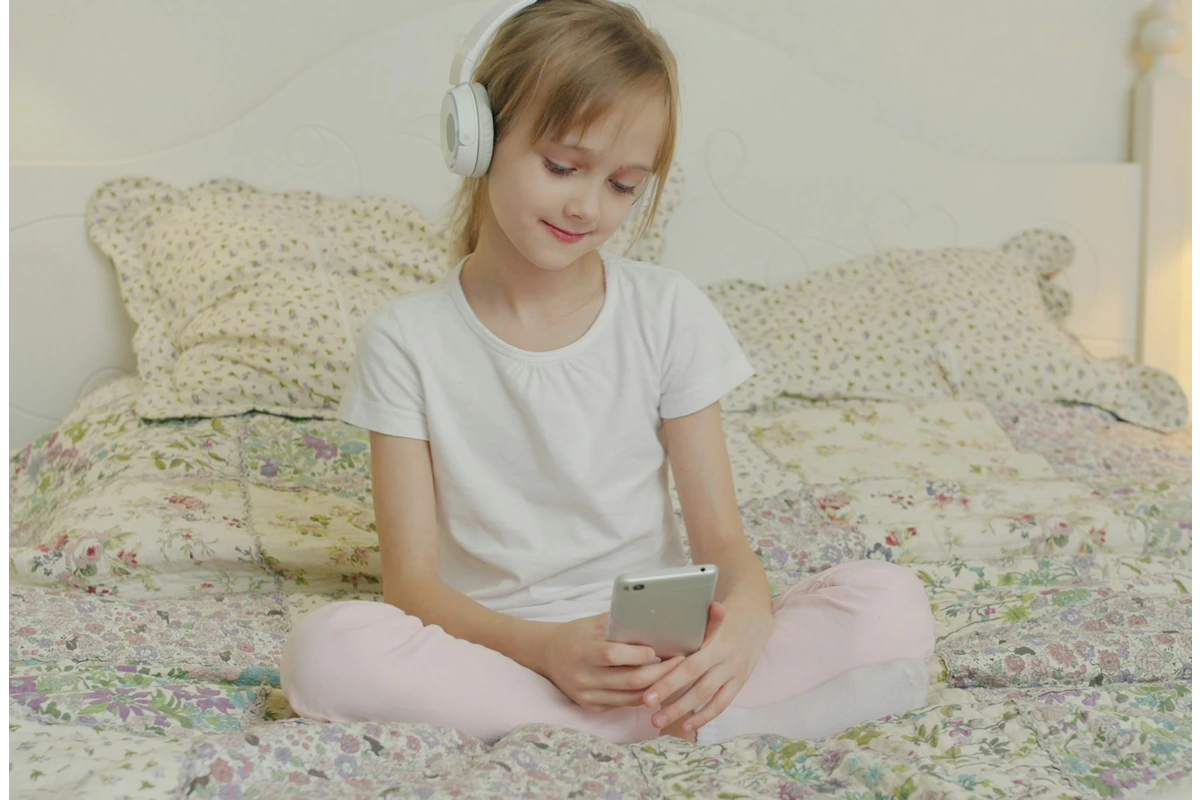Parenting in an age of technology and fear
Teaching our children how to communicate in an age of instant communication and artificial intelligence, could now be one of the greatest challenges of our lifetime. Ironically while parents have become overprotective, “helicopter parents” they have unintentionally weakened the immune system of their children’s brain making them weaker to deal with real life challenges as adults and thus in many ways protecting them less.
It used to be the job of parents to expose their children to the outside world but today it appears it is just as important to protect our children from the outside world. So, we recognize that this balancing act; between parents’ needs for reassurance in an era of fear and insecurity to make sure our children our safe versus raising our children to be resilient, confident and stress free adults.
A common theme emerges: despite our best intentions, today’s parents may not be equipping their children with the best tools to grow into independent, competent adults.
It’s not that parenting was better or worse in previous generations; in fact we believe that parents today have a special relationship with their children, possibly greater than in any prior generation; exposing them to more enriching experiences and wonderful opportunities than ever before.
Setbacks, failures build our children for the future
Parents enjoy a closeness with their children that yesterday’s generation may never had had. The previous generation of moms and dads were a bit more ‘hands off’, allowing their children to take risks, assume responsibility for their setbacks and be a few steps removed from their day-to-day lives. One outcome of today’s style of parenting is that there is a reluctance to let our children truly experience risk; we tend to rescue too quickly, to swoop in and fix a situation that might be best left up to them. Simply put, we don’t allow our kids to see that setbacks and that failures are actually a wonderful opportunity for long-term successes and happiness.
Summer Camp replicated in other ways works wonders
As a Camp Owner and Director for over 25 years it is clear to me that one of the most important experiences for children in light of the technology driven and instant gratification world is overnight summer camp. It gives back to our kids what we are forced to take away from them in the city: a measure of freedom and independence with healthy risk taking. It teaches them natural and spontaneous play. Perhaps just as important it gives back to parents what they need: a break from the demands of having to constantly shield their kids from possible dangers.
But whether summer camp is the answer for you or not or is just unaffordable, it’s important to carve out similar types of experiences with your children both at home throughout the year that mimic the benefits of a summer camp experience.
One way to apply the summer camp experience to day-to-day life at home is to remember as parents, to change gears and resist the temptation to affect your child’s every day or try to solve their every problem. Resisting this temptation is usually the best way to benefit your child. Kids have challenges and you don’t have to always make them happy in the moment; instead aim for happiness in the long term. Instead support them, love them and let them know they are safe and cared for but tell them that figuring out things for themselves or dealing with adversity will benefit them in the long term. Each time they surmount a hurdle without relying on you they grow immensely.
The Importance of the Outdoors
The power of summer camp is the “social capital” that is lacking in today’s technologically driven society. Dinner parties, clubs, family picnics, and play times are all down 40%. Happiness begins with a feeling of connection along with having positive role models to give kids that all-important sense of connection. If there ever was a time for our next generation to learn about the power of direct (not computer driven) social connections, it is now.
The average child has less than thirty minutes of outdoor play a week. 50 years ago that number was triple that! Children today have NDD, and ODD, nature deficit disorder and outdoor deficit disorder.
So, get your children outside, get them in the warm weather to experience a campfire or go for a walk on a beautiful trail. After a rainstorm get them outside to jump in the puddle. Even going for a walk in the city is proven to reduce anxiety and allow us to gain perspective in our lives. Apply these same concepts to your life as well!
Did you know the greatest way for children to develop life skills is to just play outside with friends. It’s that simple. Unstructured play time is critical and guess what, its free! Resilience develops at a simple level, where genuine “play” is the most powerful tool to foster social skills: it teaches kids how to manage negative emotions and take manageable risks. Play allows children to make their own decisions and solve problems within a structured and safe environment in a subtle manner, with caring and nurturing staff providing key role modeling and support.
Phone Detox, Phone breaks
One of the best ways to create a healthy social interaction is to create family dinners with no phones allowed at the table. If it means enrolling your children in one less after school program to allow your family to eat dinner at least 3-4 times a week all together, do it! After all, kids are over programmed and need time to be on their own and to figure out how to navigate some free time as well! Every study around dinner time with families has shown it is the most positive influence on your children to have family dinners together with no technology.
The physical world is no more dangerous than it was 75 years ago. This is a fact as much as we think otherwise. The reality is because of instant news and social media we are aware of every danger and so it appears its far scarier out there than it used to be but it’s not! But the digital world is scarier and that is where you need to truly protect and in turn educate your child.
As a life coach and camp director I have spent countless hours working with parents, so their children are protected but not coddled, so kids will not grow up anxious and scared but rather confident and motivated to take up the challenges that life offers them. This is not an easy task. Working out schedules of screen use, structured play, family dinners, or free play requires time and effort. It requires support from your schools, community, friends and advisors. It requires you having the strength to not follow the trends and instead lead the pack. Get advise, its not easy raising kids!
Spend the time to create your family plan
So, make sure you sit down and spend the time to actually plan out your approach to parenting. Join your school in creating phone free classrooms. Many classrooms now have children that do not even bring phones to school! I have helped parents advocate for this and parents want this but are scared to be the ones to instigate this change. Get your children phones that just have what they really need.
Model and teach your children so they know that the best communication is face to face for discussing serious issues, or to tell someone something wonderful or to relay a concern or why they are upset.Spend time explaining to them what can be said in a text versus what should be said in person.
Simply be as proactive in protecting your children from dangers as caring about planning your family life, so your children learn to play in the outdoors, talk face to face, interact with family members, get outside and figure out for themselves with support how to solve a problem.
Being a parent is the toughest job in the world. It’s ok to ask for help. None of us every get it right but we can put the time in to try.
*Disclaimer: Offline Now offers educational coaching tips, not medical or therapeutic advice; please consult a qualified health professional for personal, clinical or health concerns.*




